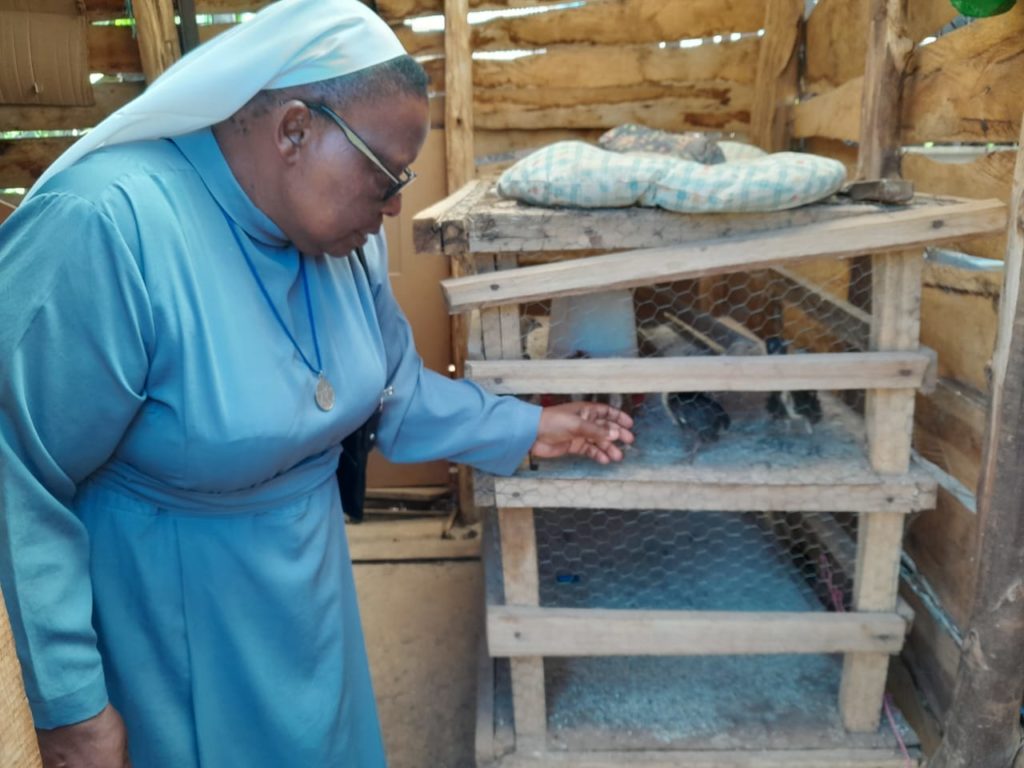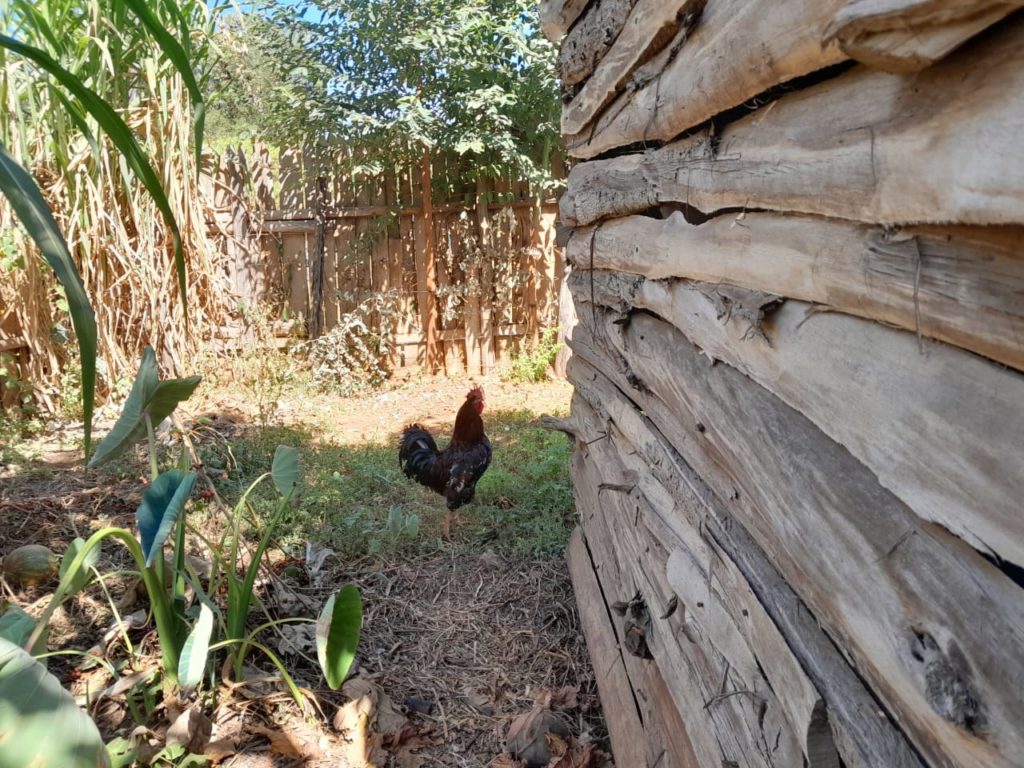Challenges and Opportunities
Yes, this is something we are very familiar with this month. Do we call them challenges, problems, concerns or opportunities?
For Mama Dinah, in possession of the money she needs to move the storage towers, the solar panels and the solar powered pump into a reality, she develops severe abdominal pain requiring a few visits to Nairobi which is a few hundred Kilometers away to see specialists. She has a great deal of resilience despite this. When she was in extreme pain, she called a local doctor who came to her son’s home in Narok to give her an injection of pain medications. Once she felt a bit better, she took herself to the bank to check on the money sent for donations and converted it into Kenyan Shillings so it would not vary in amount based on the exchange rate. She took out the money she needed to re-pay her friend who had loaned her the money to purchase the solar pump at the end of January. She saved over $900 Canadian dollars by going and purchasing the pump before the company raised their prices.
The remaining supplies needed for the project did have price increases amounting to about $300 Canadian. She asked Mr Barasa, the vendor she has chosen to do the work to re-assess the supplies needed by uncovering the bore hole, re-measuring the distance and piping needed so they would only purchase what is needed. During this, she was back and forth to Nairobi, seeing doctors who determined she needed surgery. Medicine in other cultures is different of course, however she had some of the same testing we would have had done in Canada or the US, an MRI and ultrasound. As of this writing both surgeries have been completed and Mama Dinah is now in recovery. Of course communication with her is more limited right now so we will report more in the next newsletter.
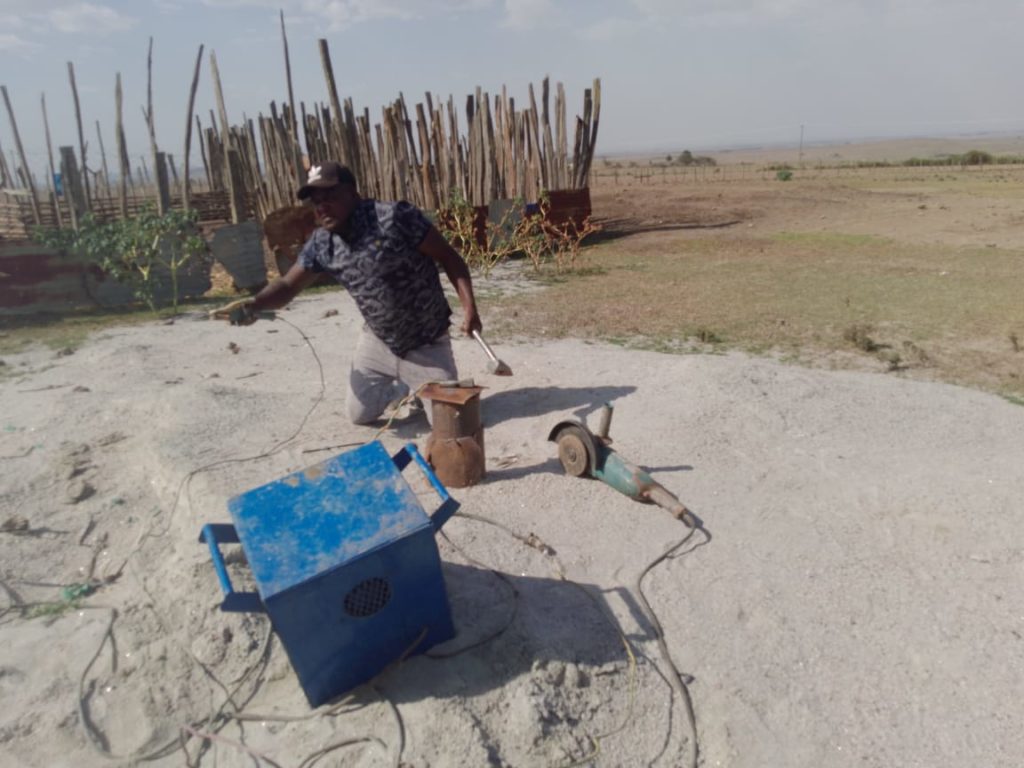
Meanwhile Sister Agnes was able to attend one of our team calls and had enough internet service to give us an update on her project. We asked her to speak first and she lost internet connection just after she finished giving us an update. She had been away to a more rural area of Kenya helping care for some of her fellow sisters who are in poor health. There was no internet service there. When she got home, she stopped at the hatchery to get an update from Sharon who has been looking after the chickens and chicks. They were still waiting for eggs in the incubator to hatch. The electric grid has been off and on so this has affected some of the eggs ability to hatch despite being in the incubator. This time they had some purchased eggs and some eggs laid by the older chickens so they can compare after hatching how each does and if there are any differences. Sister tells us overall they are doing better keeping the new hatchlings alive. The yard around the hatchery now is bustling with big and medium chicks. The young ones are in the cages for warmth and protection. Sister was still waiting for the birth of new piglets in another month and already had plans for sale of them in order to get two more children’s school fees paid. She had hoped to have 4 children in school last month, she only had full fees for 2 and her plan to do the other two with a payment plan did not work out. She is still thrilled at the realization of the dream to have more children attend school.
Mama Charity had a visit from the Ghana government inspectors at the school in Ghana. She is registered as an official National School in Ghana. She still has plans to grow the school by one grade each year and they recommended she add additional toilets to accommodate the additional growth.
Some on our team have begun the review of Mama Charity’s business plan. It is surprising how in just a year and a half time, there are many accomplishments and many goals to be reviewed and updated. Technology is fascinating if we think about it. We are so fortunate to be able to meet with our three African project leaders twice a month on video calls on What’sApp. It is a precious time for all of us. In this case of reviewing business plans, Mama Charity’s phone was acting up so we have been moved back to written communication and we miss the spontaneity of discussions among our team members. And, it is so much slower!
We are fortunate that each of our African project leaders speak very good English. Mama Charity was born in Ghana which has English as their common language. She lives in Togo where French is the common language. Her school in Ghana just across the border from Togo is geared for families who could no longer afford to live in Lomé, Togo and moved across the border to Ghana where living is a little more affordable. So in her school in Ghana, they teach in French until the later grades where they introduce English. So, written communications require us to use English although some members of our team speak French and other languages. I digress here, we hope to have Mama Charity’s updated business plan completed by mid March and then will work with Sister Agnes.
We mentioned in the last newsletter that the greatest need at the school is funds to pay the teachers. So many of the families cannot afford to send their children to school and Mama Charity simply cannot say “no” to any child willing to be educated. The future of society is dependent on our children!. To those who have donated we and she are extremely grateful!
On a recent call Mama Charity and Mama Dinah (Sister Agnes was away) started talking about customs that are present in their communities, some shared, some unique to their own specific culture. It feels difficult to put into writing the feeling of being a listener in these conversations. It started with Mama Charity talking about the cultural norm of bathing babies in Togo. Imagine you are sitting in an airport or train station and overhearing two women who are from different countries in Africa and have met recently and are sharing conversation.
Mama Charity starts talking about the customs of bathing infants in Togo. She says “an adult can bathe with 1 bucket of water and with babies we use 5 buckets, and it can take 5 hours to complete the bathing. There are beliefs and superstitions about not bathing the infants in this way, including they will develop asthma or other things that might go wrong with a child, such as a misshapen head. If a child has a misshapen head one of the first questions from others, is “did you bath the infant correctly?” A baby cannot be bathed in less than 1 hour without judgment!
The two women went on to compare stories not only about bathing but also about other long held cultural norms that they have had to dispel and make efforts towards changing. For Mama Dinah, this included arranging to have health professionals come to Oloonkerine in the past to provide vaccinations for polio and other diseases that used to have a marked presence in the community. Vaccination had not been available in this rural community; there was also a lack of awareness in the community that this could be good for the children as well as the adults. These changes do not happen overnight. In time, Mama Dinah was able to sit in circle with the mamas in her community and explain why vaccinations were safe and of benefit. Once vaccinations became available, there were no further cases new cases of polio.
Mama Dinah also spoke against the practice of female circumcision and was the first in her community to refuse to allow her daughter to be circumcised. Little by little she was able to change the minds of other mamas in the community and eventually the men as well. She used to have gatherings of the women at the school to teach them changing health standards and eventually they brought the men in as well. Old customs die slowly, with the grandmothers in the community being the last to let go of promoting the practice of female circumcision.
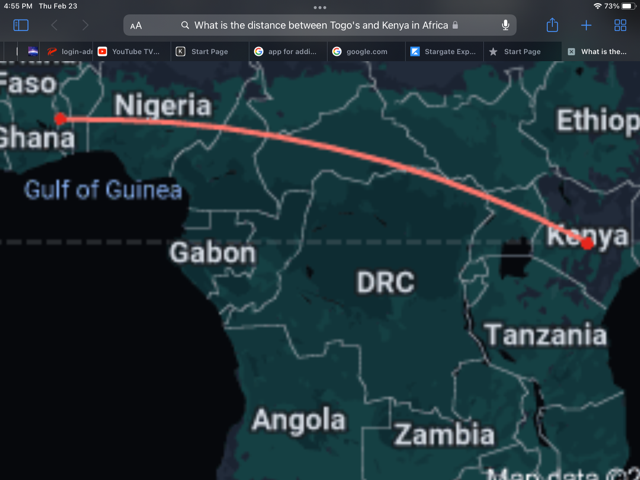
Mama Charity then spoke of the practice of having alcohol served at weddings and not only the cost of this practice but also the pattern it sets up of having alcohol as a blessing in a marriage and then many years later, having challenges because the men drink heavily and there is deterioration of his relationship with his children and his wife. Mama Dinah offered that this practice of alcohol at weddings has been eliminated in her Maasai village and in fact some community members will not attend a wedding if alcohol is going to be served.
For the rest of the team members of this call, we realized we had been given an up-close and personal view into the cultures and the women with whom we are working. It was very clear we have exceptional partners in these women in Africa
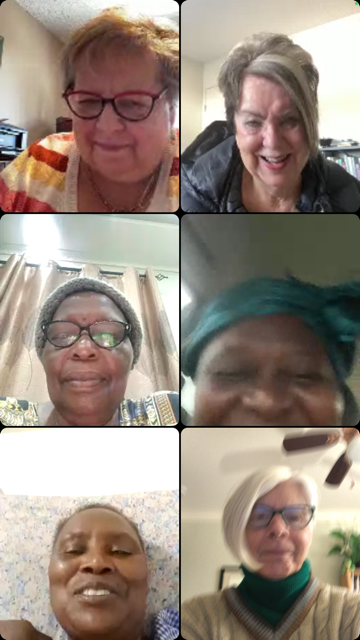
We are still looking for a person or two to work on our volunteer team leadership who will organize social media content and posts for us to give us a greater presence primarily on Facebook and Instagram. Ivana has created a very detailed description and we know that University students and perhaps even some special project high school students would love to use their creativity and know how on these platforms to spread the word. Students often get special credit for such projects. If you or someone you know might be interested, click here for more information:
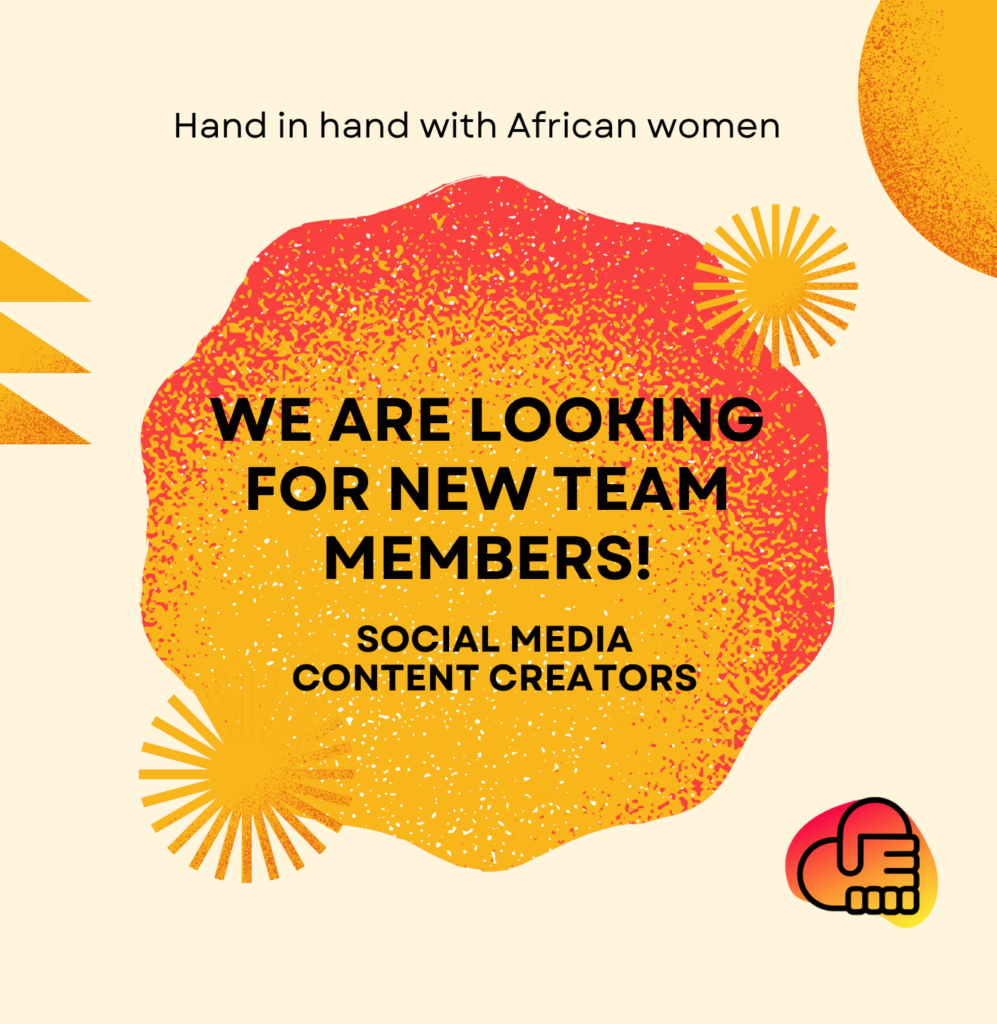
Note to our supporters and donors in the vicinity of Edmonton, Alberta
Hand – in-Hand with African Women have created a partnership with Caprice Consignment , not just a fancy consignment store but a place that gives back. If you are cleaning your walk-in closet of timeless treasures, (clothing and accessories), bring them to Caprice Consignment at 10630-170 St. Edmonton, AB. Be sure to inform them you are choosing the option to put your earnings of the pieces you are consigning, to Hand-in-Hand with African Women. Thank you for being partners in spreading love, hope and compassion!
Please visit us on our Facebook page and Instagram. . Please consider forwarding our Newsletter to your friends and family if you know of others that may be interested.

